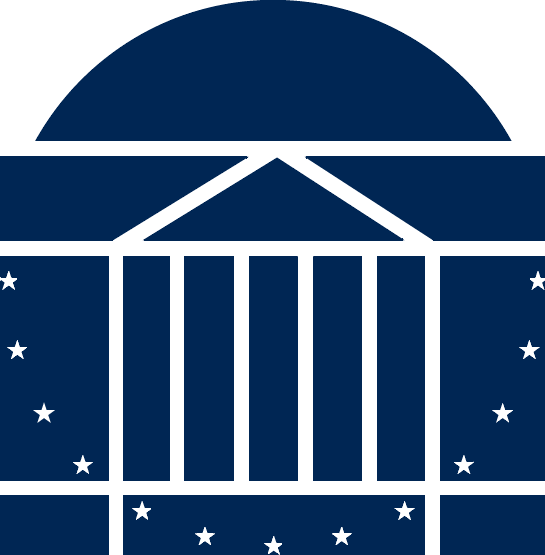Evaluating Differentially Private Machine Learning in Practice
Bargav Jayaraman and David Evans28th USENIX Security Symposium
Santa Clara, California
14–16 August 2019.
Abstract
Differential privacy is a strong notion for privacy that can be used to prove formal guarantees, in terms of a privacy budget, ε, about how much information is leaked by a mechanism. When used in privacy-preserving machine learning, the goal is typically to limit what can be inferred from the model about individual training records. However, the calibration of the privacy budget is not well understood. Implementations of privacy-preserving machine learning often select large values of ε in order to get acceptable utility of the model, with little understanding of the impact of such choices on meaningful privacy. Moreover, in scenarios where iterative learning procedures are used, relaxed definitions of differential privacy are often used which appear to reduce the needed privacy budget but present poorly understood trade-offs between privacy and utility. In this paper, we quantify the impact of these choices on privacy in experiments with logistic regression and neural network models. Our main finding is that there is no way to obtain privacy for free—relaxed definitions of differential privacy that reduce the amount of noise needed to improve utility also increase the measured privacy leakage. Current mechanisms for differentially private machine learning rarely offer acceptable utility-privacy trade-offs for complex learning tasks: settings that provide limited accuracy loss provide little effective privacy, and settings that provide strong privacy result in useless models.
Code
https://github.com/bargavj/EvaluatingDPMLPaper
[PDF, 18 pages][arXiv]
